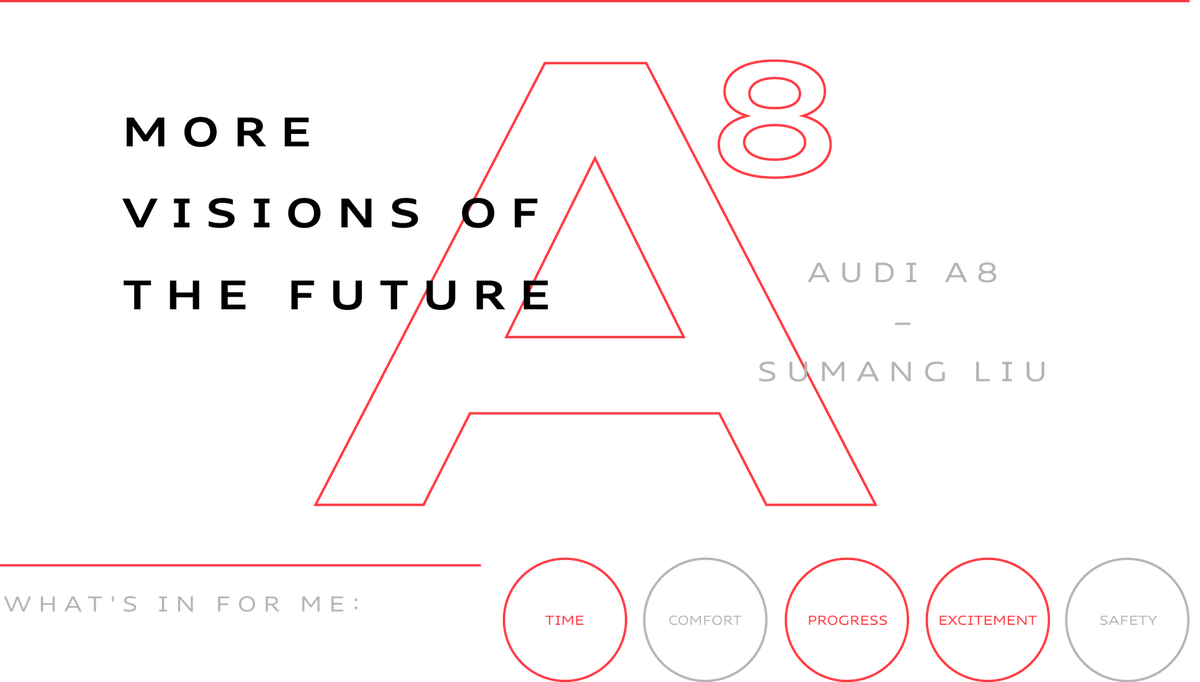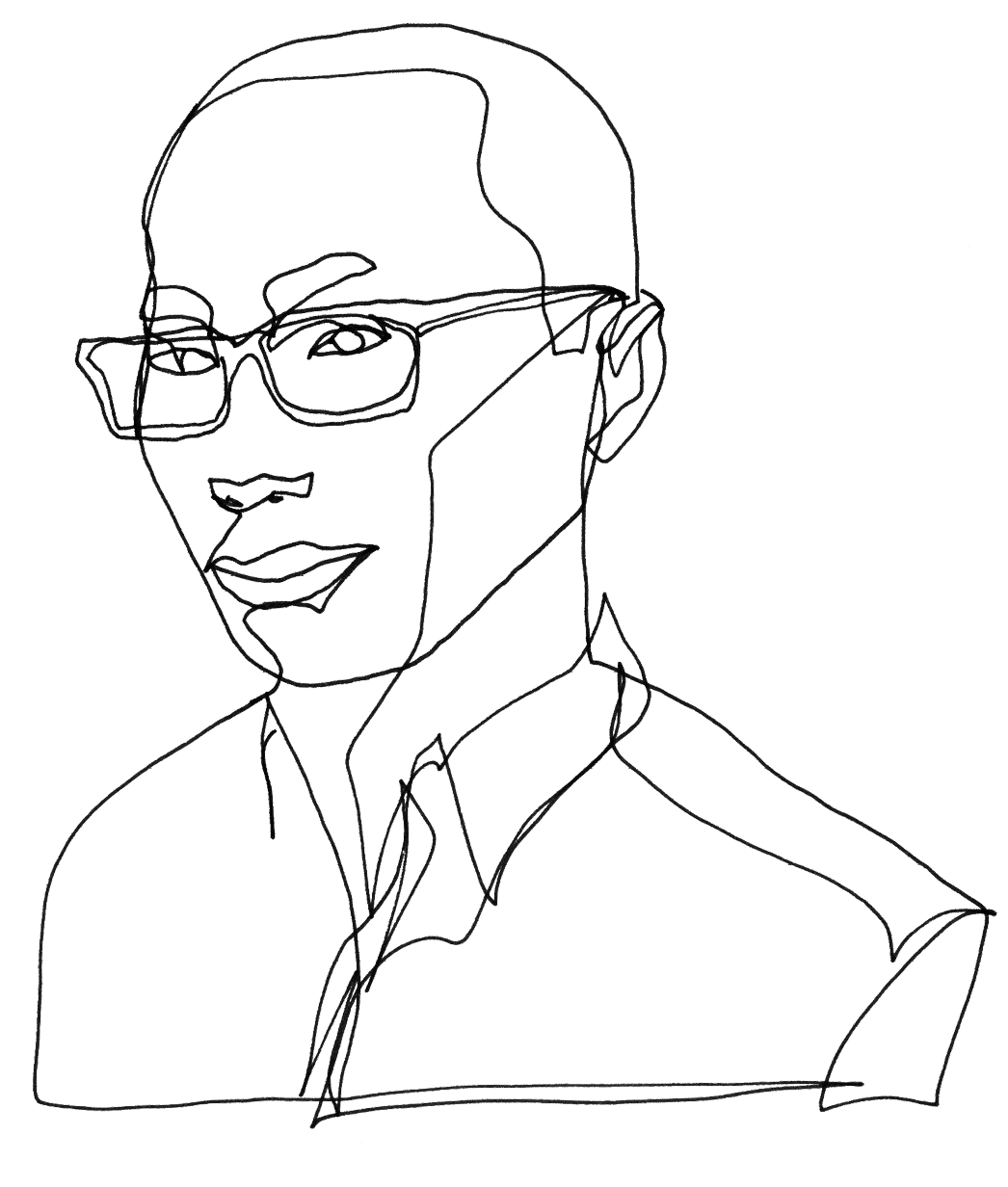
Simply say what you want in a normal conversational voice, and an invisible virtual assistant takes care of the rest—that’s how Sumang Liu envisions everyday life.
A native of China, this IT specialist is a classic example of the new generation of computer nerds who work in agile startups to develop rafts of practical little apps for consumers. Their aim at all times is to hide the vast complexity of machine learning behind the simplest possible user interface.
When, in 2010, Liu moved from Wuhan to attend the University of Tennessee, he worked for Apple temporarily before founding a startup called Mosaic in San Francisco in late 2015. His goal: to develop an intelligent interface between people and the Internet of things (IoT) that integrates many services and bots into a new, unified system—a universal remote control for tomorrow’s world, so to speak.
But it’s a remote with no buttons: Liu envisions managing daily life by voice command, no matter whether it’s operating devices in a smart home or components in and around a connected car. In this scenario, a simple word or sentence would suffice to perform many tasks as if by magic.
“We are heading into a world where incredible complexity is hidden behind an amazingly simple façade. Forget apps; instead, you use the interface of your choice to hold a perfectly normal conversation,” the computer scientist explains. For example, the sentence “I’m going home” can trigger Mosaic’s ordering a car, notifying the family by SMS, activating the air conditioning and lights at home and then ordering dinner.
Investors see so much potential in this idea that the startup was selected by Y Combinator, the celebrated Silicon Valley incubator, in 2016. In an initial experiment, Mosaic is working with a contractor that equips turnkey buildings in San Francisco with the required hardware and software so tenants can communicate with an ever-present assistant from any room or when they’re not home.
“AI will redefine the relationship between man and machine,” Liu predicts. “Amazon Echo is the first step. People are getting used to talking to a virtual assistant. That gives us a window on the future—artificial intelligence as a seamless experience that works and helps me no matter where I am or what platform I’m using. In the past two years, we have seen AI infrastructure being expanded across the board. Now we’re poised for a boom in practical applications that improve communication between people and machines, in the long term with our cars, too—and soon even with other people.”

AI will become the universal remote control for tomorrow’s world.